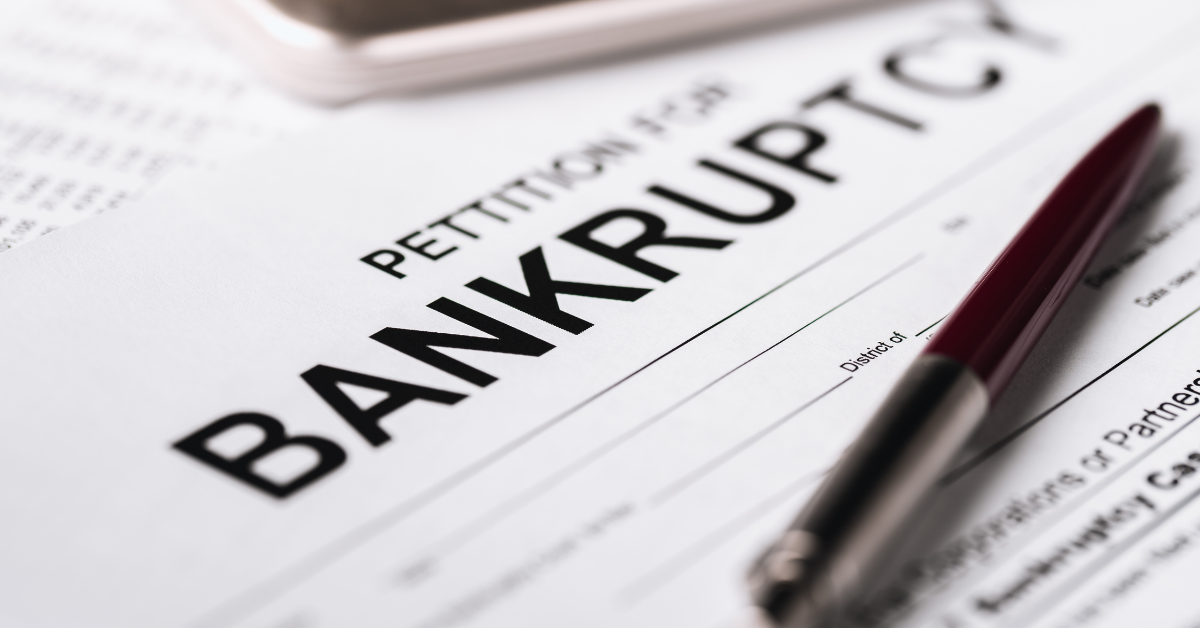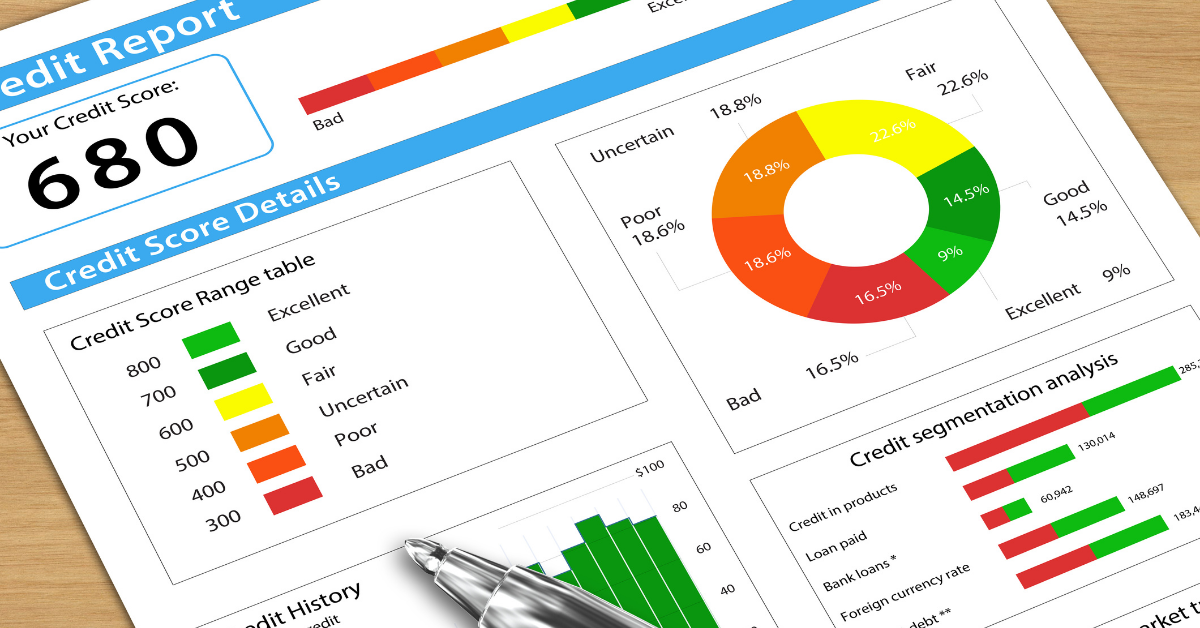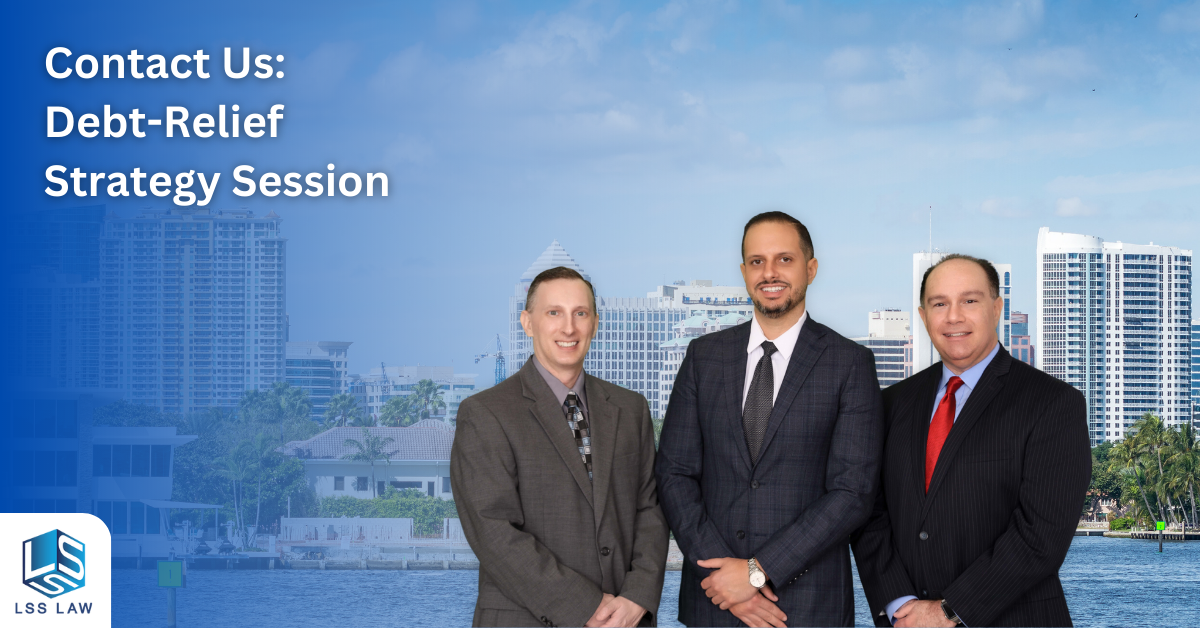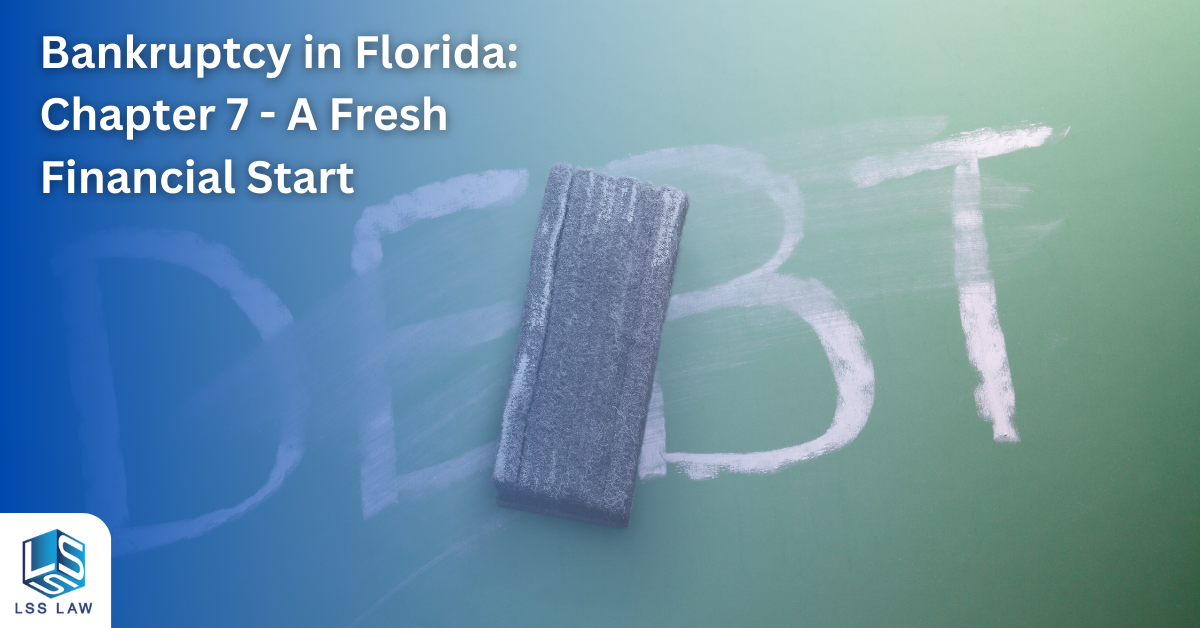There’s no denying it; dealing with debt can be overwhelming. It’s like a storm cloud that never seems to move on, casting a shadow over everything you do. But remember, it’s just a storm, and storms pass. You’re not alone, and there are tools available to help you navigate through it. One such tool is bankruptcy, a legal process designed to help individuals and businesses manage their debts. This guide will focus on exploring Florida bankruptcy laws, shedding light on the process, and helping you understand your options.
What is Bankruptcy?
Bankruptcy is a legal procedure that allows individuals or businesses struggling with debt to seek relief and regain financial stability. The bankruptcy process is governed by federal law and is designed to help debtors make a fresh start, free from the pressure of unmanageable debt. It’s important to note that bankruptcy isn’t a sign of failure; instead, think of it as a financial tool, a step towards a brighter future.
Exploring Florida Bankruptcy Laws

Florida bankruptcy laws are designed to provide debtors with a way out of crippling debt, offering a fresh start while protecting certain assets from creditors. The process is complex, but understanding how it works can help you make informed decisions about your financial future.
Chapter 7 Bankruptcy: A Fresh Start
Chapter 7 bankruptcy, often referred to as liquidation bankruptcy, is one of the most common types of bankruptcy filed in Florida. This option allows you to discharge, or eliminate, most of your unsecured debts, such as credit card debt and medical bills. In exchange, a bankruptcy trustee may sell some of your non-exempt assets to repay your creditors.
In Florida, Chapter 7 bankruptcy is subject to both federal and state exemptions that protect certain property from liquidation. These include the Florida homestead exemption, which can protect your home, and exemptions for personal property, such as your car and household goods.
Chapter 13 Bankruptcy: A Debt Repayment Plan
If you have a regular income and wish to protect assets not covered by exemptions, Chapter 13 bankruptcy may be an option for you. Unlike Chapter 7, which discharges most unsecured debts, Chapter 13 involves creating a repayment plan to pay back all or a portion of your debts over a period of three to five years.
This type of bankruptcy is often a good choice for individuals who are behind on their mortgage or car loans and want to make up the missed payments over time. It’s also a viable option for those who have non-exempt assets they wish to keep.
Chapter 11 Bankruptcy: Business Debt Reorganization
Chapter 11 bankruptcy is primarily designed for businesses struggling with debt. It allows businesses, including sole proprietorships, partnerships, and corporations, to restructure their debts while continuing to operate. The debtor, often the business owner, works to create a repayment plan, which must be approved by the bankruptcy court and the creditors.
While Chapter 11 can be a lifeline for struggling businesses, it’s a complex and costly process. It’s crucial to seek advice from an experienced bankruptcy attorney to navigate the intricacies of Chapter 11 bankruptcy.
Bankruptcy isn’t a one-size-fits-all solution, and the best option for you will depend on your specific circumstances. It’s important to remember that while bankruptcy can provide much-needed relief, it’s not without its challenges. However, with careful planning and the right guidance, it can be a powerful tool to regain control of your financial future.
Navigating the Bankruptcy Process in Florida

The bankruptcy process in Florida begins with a consultation with a qualified bankruptcy attorney. This professional can help you understand Florida bankruptcy laws, the implications of filing bankruptcy, and guide you through the bankruptcy process.
Filing the Bankruptcy Petition
The first step in the bankruptcy process is filing the bankruptcy petition. This document, filed in bankruptcy court, initiates your bankruptcy case. It includes detailed information about your debts, income, assets, and financial transactions. Filing bankruptcy requires careful preparation and a thorough understanding of both federal and Florida bankruptcy laws.
Role of the Bankruptcy Trustee
Once your bankruptcy petition is filed, a bankruptcy trustee is appointed to your case. This individual, assigned by the bankruptcy court, plays a crucial role in your bankruptcy case. The bankruptcy trustee reviews your bankruptcy petition, conducts the meeting of creditors, and in a Chapter 7 bankruptcy, liquidates any non-exempt assets to repay your creditors.
The Meeting of Creditors
After filing the bankruptcy petition, you’ll attend a meeting of creditors. This is a crucial part of the bankruptcy process where the bankruptcy trustee and your creditors can ask you questions about your bankruptcy filing and financial situation. It’s important to attend this meeting and to answer all questions honestly.
Understanding Florida Bankruptcy Exemptions
Florida bankruptcy exemptions play a vital role in both Chapter 7 and Chapter 13 bankruptcy. These exemptions allow you to protect certain assets in a bankruptcy case, meaning they can’t be sold by the bankruptcy trustee to repay your creditors.
Florida Homestead Exemption
The Florida homestead exemption is one of the most generous in the country. It allows you to protect an unlimited amount of value in your primary residence, as long as you’ve owned the property for at least 1,215 days before filing bankruptcy.
Personal Property Exemptions
Florida bankruptcy law also allows you to exempt up to $1,000 in personal property, or $4,000 if you do not use the homestead exemption. This can include household goods, electronics, and furniture.
Vehicle Exemption
Under Florida bankruptcy law, you can also exempt up to $1,000 in vehicle equity, or more if you’re filing bankruptcy jointly with a spouse.
Knowing and understanding these exemptions is crucial when filing bankruptcy in Florida. An experienced bankruptcy attorney can help you navigate these exemptions and maximize your protected assets.
The Impact of Bankruptcy on Your Credit

Filing bankruptcy in Florida will impact your credit report, but it’s not the end of the world. While a bankruptcy filing will remain on your credit report for seven to ten years, the impact on your credit score will decrease over time. With responsible financial habits, you can begin rebuilding your credit immediately after your bankruptcy discharge.
Remember, bankruptcy is a tool to help you regain control over your financial situation. It’s not a life sentence, and many people find they’re able to rebuild their credit and secure financing for major purchases after bankruptcy.
Bankruptcy is a complex process, and understanding Florida bankruptcy laws is crucial to making informed decisions about your financial future. An experienced bankruptcy attorney can provide valuable guidance and support throughout the process.
If you’re struggling with debt, remember that you’re not alone. Help is available, and a brighter financial future is within reach.
Evaluating Your Assets and Debts
Before you decide to file bankruptcy in Florida, it’s crucial to evaluate your assets and debts. This step will help you understand your financial situation and determine the best course of action.
Assessing Your Assets
Your assets include everything you own, such as your home, car, personal property, and any savings or investments. Your assets will play a significant role in your bankruptcy case as they could be used to repay your creditors.
Understanding Your Debts
Debts are categorized into two main types: secured and unsecured debts. Secured debts are those tied to an asset, like a car loan or a mortgage. Unsecured debts include credit card debt, medical bills, and personal loans.
In a Chapter 7 bankruptcy, most of your unsecured debts will be discharged, meaning you’re no longer legally obligated to pay them. However, most secured debts and certain types of unsecured debts like student loans and child support payments are not dischargeable.
The Role of the Bankruptcy Judge
In the bankruptcy process, the bankruptcy judge plays a vital role. The bankruptcy judge oversees your bankruptcy case and makes critical decisions, such as confirming your Chapter 13 repayment plan or deciding on disputes between you and your creditors.
The bankruptcy judge does not participate in the meeting of creditors, but they may hold additional court hearings if necessary. Having a knowledgeable bankruptcy lawyer by your side can help you navigate these procedures and represent your interests in court.
Importance of Credit Counseling
Credit counseling is a mandatory requirement for all individuals filing bankruptcy. You must complete a credit counseling course from an approved agency within 180 days before filing your bankruptcy petition.
The purpose of credit counseling is to explore your financial situation, help you understand the implications of bankruptcy, and consider possible alternatives. Once you’ve completed the course, you’ll receive a certificate that you must file with your bankruptcy petition.
Remember, bankruptcy is not the end but a fresh start. It’s a legal tool designed to help individuals and businesses overcome financial difficulties and regain control of their financial future. And with the right guidance and support from a qualified bankruptcy attorney, you can navigate the bankruptcy process and move towards a brighter financial future.
The Bankruptcy Estate and the Role of the Bankruptcy Trustee
When you file bankruptcy, an entity known as the bankruptcy estate is created. This estate includes all of your property and assets at the time of filing, with some exceptions. The bankruptcy estate is crucial in both Chapter 7 and Chapter 13 bankruptcy cases as it determines what assets, if any, are available to pay your creditors.
The Role of the Bankruptcy Trustee
The bankruptcy trustee is an individual appointed by the bankruptcy court to administer your bankruptcy case. In a Chapter 7 bankruptcy, the trustee’s primary role is to take control of your non-exempt assets, sell them, and distribute the proceeds to your unsecured creditors.
In a Chapter 13 bankruptcy, the trustee’s role is slightly different. Instead of selling your assets, the trustee collects your monthly payments and distributes them to your creditors according to your repayment plan. The bankruptcy trustee also ensures that you’re complying with the bankruptcy laws and the terms of your repayment plan.
Remember, the bankruptcy trustee is not your advocate or advisor. That’s the role of your bankruptcy attorney. The trustee’s job is to represent the interests of your creditors in the bankruptcy process and ensure that bankruptcy laws are followed.
Florida Bankruptcy Exemptions: Protecting Your Assets

One of the most important aspects of Florida bankruptcy law is the system of exemptions. Bankruptcy exemptions determine what property you’re allowed to keep in a Chapter 7 bankruptcy and how much you must pay to unsecured creditors in a Chapter 13 bankruptcy.
Florida has its own set of bankruptcy exemptions, and they are quite generous. Here are some key Florida bankruptcy exemptions:
The Florida Homestead Exemption
The Florida homestead exemption is one of the most generous in the country. It allows you to exempt an unlimited amount of value in your home or other property covered by the homestead exemption. However, the property cannot be larger than half an acre in a municipality or 160 acres elsewhere.
Personal Property Exemptions
Florida law allows you to exempt up to $1,000 in personal property, or $4,000 if you do not use the homestead exemption. Personal property can include items such as furniture, art, and electronics.
Vehicle Exemption
You can exempt up to $1,000 in equity in a motor vehicle in Florida.
Wage Exemption
In Florida, the head of a family can exempt all of his or her wages or earnings, while others can exempt up to $750 per week in wages.
It’s crucial to work with a knowledgeable bankruptcy attorney to make the best use of Florida bankruptcy exemptions. They can ensure that you maximize your exemptions and keep as much of your property as possible.
The Means Test: Determining Eligibility for Bankruptcy
Before you can file for Chapter 7 bankruptcy in Florida, you must pass the means test. This test is designed to prevent people with higher incomes from filing for Chapter 7 bankruptcy, which is primarily intended for low-income debtors.
The means test calculates your disposable income by subtracting certain monthly expenses from your current monthly income. If your disposable income is below a certain amount, you pass the test and can file for Chapter 7 bankruptcy. If your disposable income is too high, you may have to file for Chapter 13 bankruptcy instead.
The means test is a two-part process. The first part compares your income to the median income in Florida. If your income is below the median, you qualify for Chapter 7 bankruptcy. If it’s above the median, you’ll have to complete the second part of the test, which deducts specific monthly expenses from your current monthly income.
Remember, the means test can be complex, and making mistakes can affect your eligibility for bankruptcy. It’s recommended to work with a qualified bankruptcy attorney to ensure you complete the means test accurately.
Understanding Secured and Unsecured Debts
When you’re dealing with bankruptcy, it’s important to understand the difference between secured and unsecured debts.
Secured debts are those backed by an asset, like a house or a car. If you don’t pay the debt, the lender can take the asset. Examples of secured debts include car loans and mortgages. In a bankruptcy case, you typically have the option of keeping the asset and continuing to pay the debt, or surrendering the asset to the lender.
Unsecured debts, on the other hand, are not backed by an asset. This includes credit card debt, medical bills, and personal loans. In a Chapter 7 bankruptcy, most unsecured debts can be discharged, meaning you are no longer legally required to pay them. In a Chapter 13 bankruptcy, you repay a portion of your unsecured debts through your repayment plan, and the remaining balance is discharged at the end of your plan.
Understanding the difference between secured and unsecured debts can help you make informed decisions about your bankruptcy case. A bankruptcy attorney can provide guidance based on your specific financial situation.
Exploring Florida Bankruptcy Laws – Your Questions Answered
What is the role of a bankruptcy lawyer in the bankruptcy process?
A bankruptcy lawyer is a legal professional who guides you through the bankruptcy process. They help you understand your financial situation, the bankruptcy laws applicable to you, and the best course of action for your unique circumstances. They prepare and file the necessary paperwork, represent you in bankruptcy court, and negotiate with your creditors.
How long does a bankruptcy filing stay on your credit report?
A bankruptcy filing can stay on your credit report for 7-10 years, depending on the type of bankruptcy filed. However, the impact of bankruptcy on your credit score decreases over time, and there are steps you can take to rebuild your credit.
Can I keep my home and car if I file for bankruptcy?
Under Florida bankruptcy exemptions, you may be able to keep your home and car in a bankruptcy case. The Florida homestead exemption protects your home, and there is also an exemption for vehicles. However, you must continue making payments on any secured debts related to these assets.
What is the difference between Chapter 7 and Chapter 13 bankruptcy?
Chapter 7 bankruptcy, also known as liquidation bankruptcy, involves the sale of non-exempt assets to pay off unsecured debts. Chapter 13 bankruptcy, on the other hand, involves a repayment plan that allows you to pay off your debts over a period of 3 to 5 years.
How does the bankruptcy trustee get paid?
The bankruptcy trustee is paid a fee from the bankruptcy estate. The fee is based on a percentage of the assets distributed to creditors in the bankruptcy case.
What debts cannot be discharged in bankruptcy?
Certain debts cannot be discharged in bankruptcy, including most student loans, child support and alimony obligations, certain tax debts, and debts resulting from fraud.
Get Expert Guidance on Florida Bankruptcy Laws Today

Bankruptcy is a complex process, and navigating it on your own can be challenging. At LSS Law, we’re here to help. Our experienced bankruptcy attorneys can guide you through the intricacies of Florida bankruptcy laws and help you make the best decisions for your financial future.
Don’t let debt control your life. Contact us today to schedule a free consultation for personal bankruptcies (Chapters 7 and 13). You can reach us at our contact page or at (954) 466-0541. Let’s work together to remove the financial monkey from your back and open the door to a brighter future.






